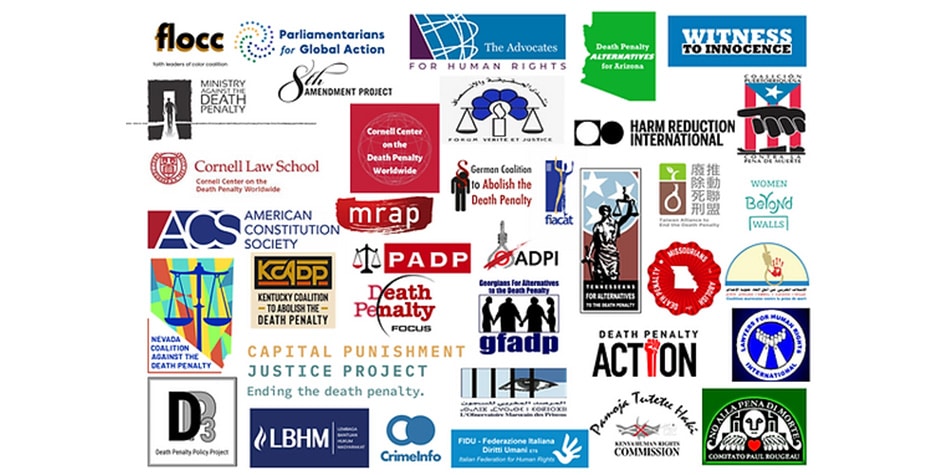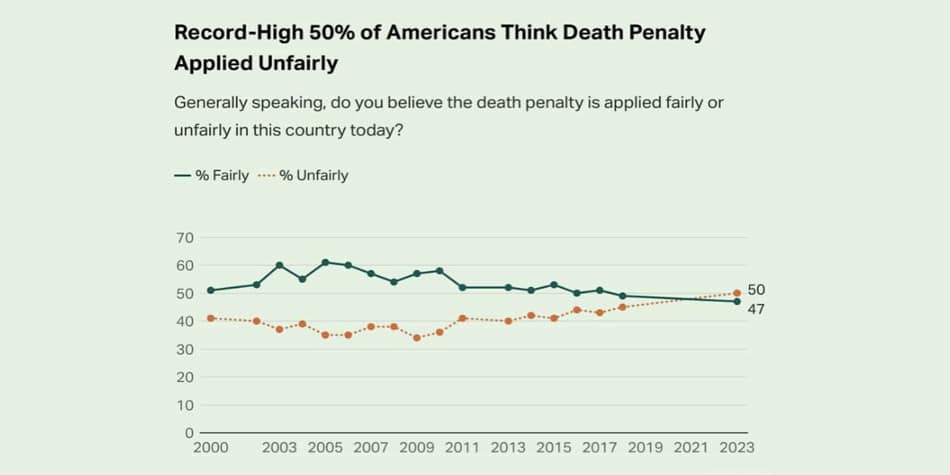Can the US move towards abolition under Obama?
Abolition
The United States has a new president, and abolitionists worldwide are wondering whether the inauguration of Barack Obama will help point the only western democracy still using the death penalty in a new direction.
On a practical level, the question has little value. The president has no power over the vast majority of capital cases in the US, which happen at state level according to legislation decided by the local legislature.
As a presidential candidate, Obama rejected the abolition of capital punishment. “I think that the rape of a small child, six or eight years old, is a heinous crime and if a state makes a decision that under narrow, limited, well-defined circumstances the death penalty is at least potentially applicable, that does not violate our constitution,” he said during a televised debate. That position is close to the one he adopted as a senator (see video below).
While he reportedly opposed capital punishment in his youth, the new president, who is facing a major economic crisis and stressed his message of “unity” during the inauguration ceremonies, is unlikely to get involved in such a divisive issue in the near future.
But some members of his administration might. “He appointed Eric Holder, who has openly said he opposed the death penalty, as attorney general,” said Elizabeth Zitrin, a US lawyer and activist with World Coalition member organisation Death Penalty Focus.
As head of the department of justice, Holder will have responsibility for the courts dealing with federal-level crimes, some of which are currently punishable by death.
Downward trend in US death penalty use
The Obama administration comes into office against the backdrop of a reduction in the use of the death penalty in the US in the past year.
According to statistics compiled by the Death Penalty Information Center (DPIC), 37 executions took place in the US in 2008, down from 42 in 2007. A de-facto moratorium remained in place until April 16 while the Supreme Court examined the constitutionality of lethal injection protocols and helped keep the number of executions down.
The moratorium did not stop death sentences from being handed down but their number, too, fell sharply. “In 2008, DPIC’s research estimates 111 new death sentences, another decrease in a downward trend that began at the start of this decade. Overall, the annual number of death sentences has dropped by about 60% since the 1990s, when it was close to 300,” the report read.
In Texas, where half of last year’s executions occurred, rapid killing resumed soon after the moratorium was lifted. But sentencing is slowing down there, too. “This year, the number of new death sentences tied the lowest level in more than 30 years as juries and prosecutors opted instead for the sentence of life in prison without the possibility of parole,” the Texas Coalition to Abolish the Death Penalty noted in its 2008 report.
Other states are following the trend towards abolition. In 2008, a far-reaching commission established by the state of Maryland to examine its death penalty system interviewed dozens of experts and witnesses and received many more written contributions.
Its report issued on December 12 amounts to a damning death warrant for capital punishment: “To eliminate racial and jurisdictional bias, to reduce unnecessary costs, to lessen the misery that capital cases force victims of family members to endure, to eliminate the risk that an innocent person can be convicted—the Commission strongly recommends that capital punishment be abolished in Maryland,” it concludes.
Categories
United States






